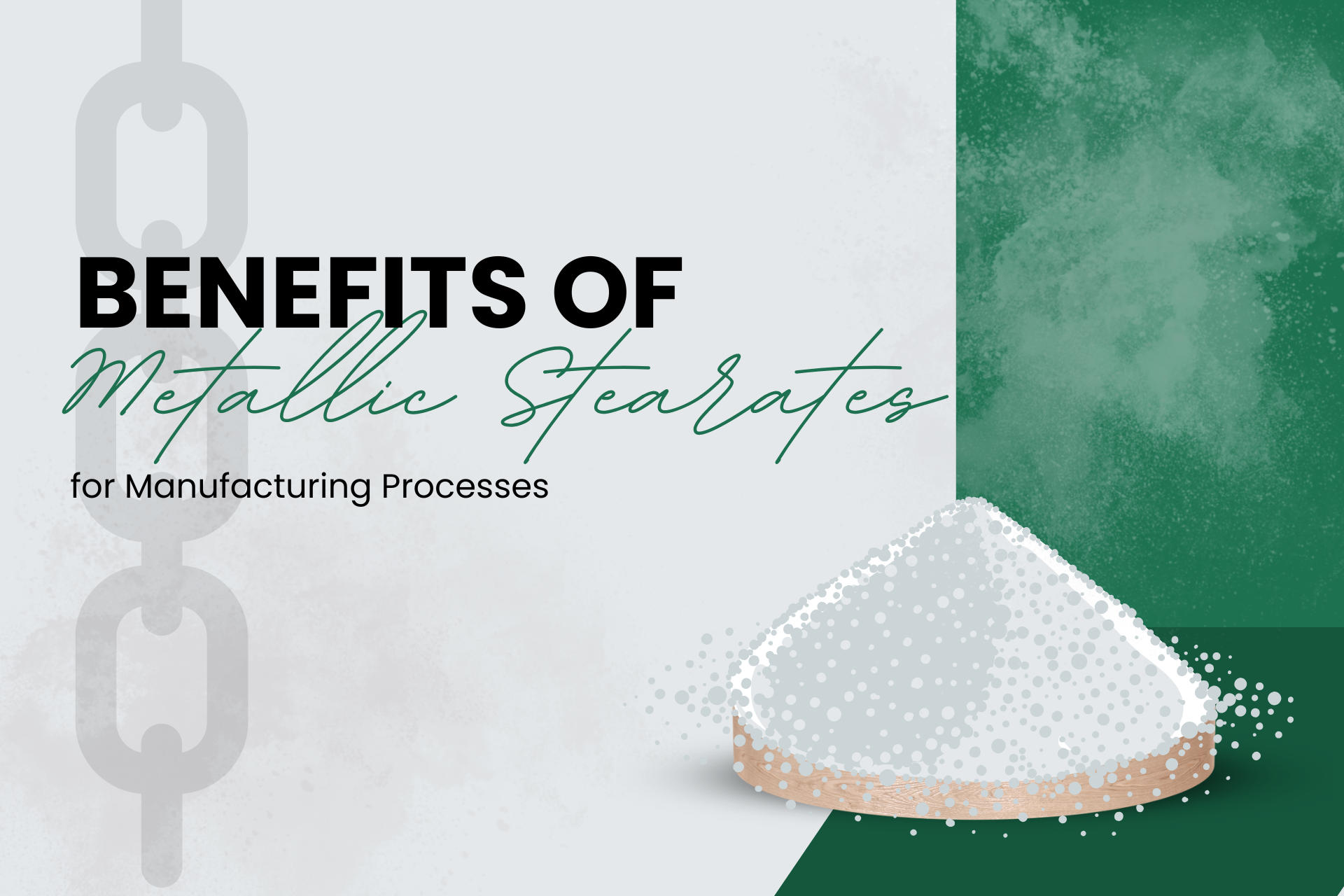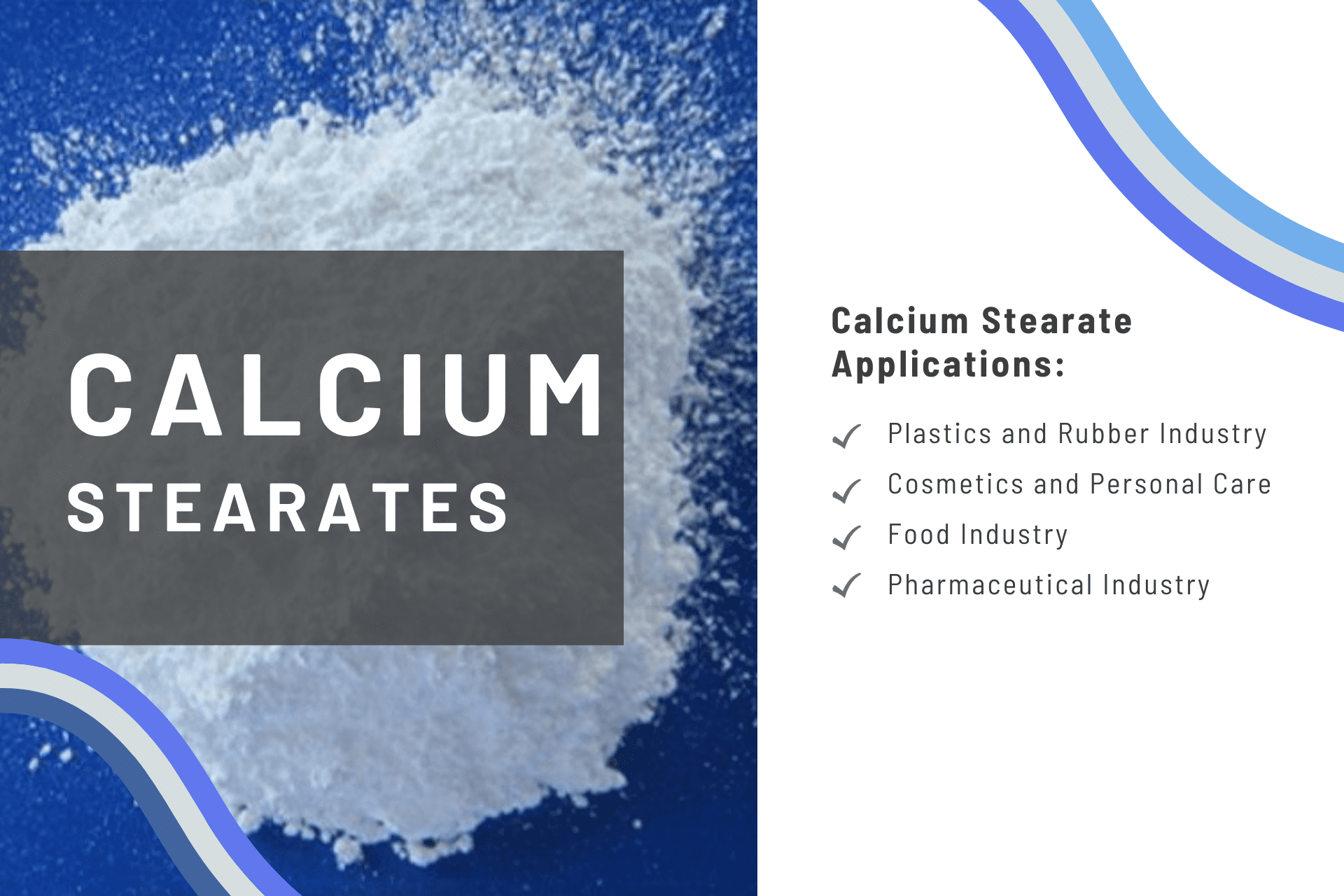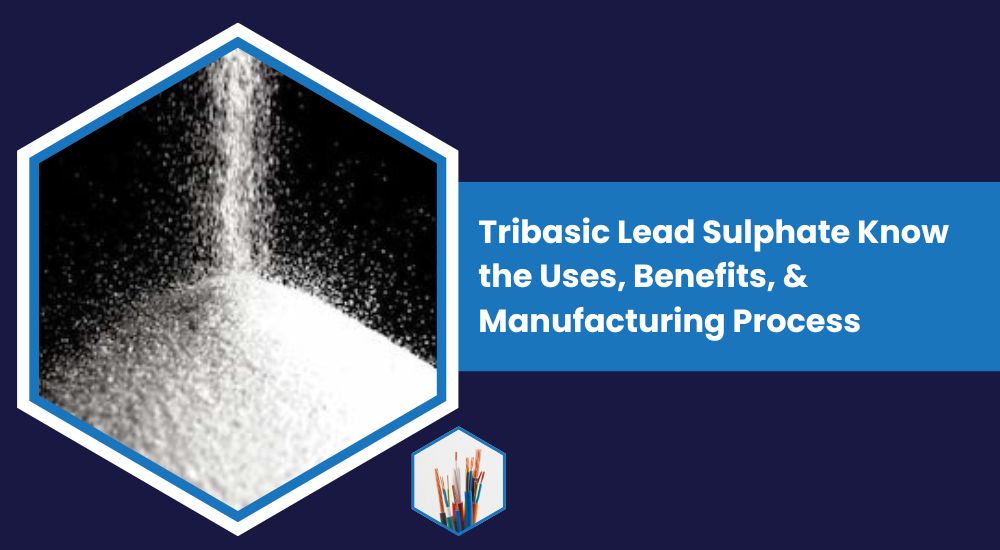
Have you ever used chalk at school or taken medicine for heartburn? Yes, then someone has put you in touch with calcium carbonate. People use it for building houses, making paper, cleaning teeth, and for health needs. Calcium carbonate finds application everywhere from schools to farms and in large factories. In this blog, we will look at calcium carbonate. We will cover its uses, benefits, formula, and structure. We will also look at how Egypt and Vietnam rely on imported calcium carbonate for their industries.
What Is Calcium Carbonate (CaCO₃)
Calcium carbonate is a common chemical compound found in nature. Minerals, including limestone, chalk, and marble, contain calcium carbonate as their main component. It is one of the most common minerals on Earth. You can find it in nature and many fields. These include construction, pharmaceuticals, and agriculture.
They come from different parts of the world. One of the key regions known for high-quality calcium carbonate is Egypt. Many Egypt Calcium Carbonate importers source limestone, chalk, and marble from Egyptian mines due to their superior purity and consistency.
The composition of limestone makes it simple to work with since it is a soft stone. Chalk is a powdery substance that students use to write on school boards. It is useful for many medical benefits, like Bone and dental health, provides support, gives relief from heartburn and acidity symptoms, and promotes proper muscle function. The product functions as a calcium supplement, which helps people who do not get enough calcium from food to maintain their health and support body development.
Chemical Properties of Calcium Carbonate (CaCO₃)
Calcium Carbonate formula is CaCO₃. Understanding this chemical formula is important before using it. There is one atom of calcium, one of carbon, and three of oxygen in it. It forms over a long time through geological processes or from the bones of marine animals. Here are some common properties of Calcium Carbonate:
- Water Insoluble: CaCO₃ dissolves poorly in water, which accounts for its stability in many uses. It readily reacts with acids, however, in the presence of a few bubbles of carbon dioxide gas.
- Medium Hardness: Calcium carbonate is of hardness 3 on the Mohs scale. It is hard enough for building purposes, but can be easily shaped and powdered.
- Bright and Reflective: Its bright white color possesses a high reflecting character. This brightness, together with smooth surface quality, makes calcium carbonate an excellent choice for paper, paint, and plastics.
Calcium Carbonate Uses in Daily Life
Calcium Carbonate is a compound that is widely used in daily life. It is the compound that manufacturers use for their product making. Here are some common uses of calcium carbonate in daily life:
- Used in Toothpaste: CaCO₃ acts as an abrasive for teeth. It cleans teeth, around the areas of calculus and plaque, without damaging the enamel.
- Found in Antacid Tablets: Both quickly and safely neutralizing excess stomach acid, it aids in the relief of heartburn and acidity.
- In Supplement: Calcium carbonate is given as a supplement to meet calcium requirements for bone development, especially to children, the elderly, and pregnant women.
- Added to Food Products: It can be added to food products to elevate calcium levels in cereal, juice, bread, etc.
- Used in Chalk: Used in Chalk at most times will have CaCO₃, giving that somewhat smooth feel, easy to write with, and very safe to use.
Industrial Applications of Calcium Carbonate
Calcium Carbonate contains essential components that enable the manufacturers to make strong and stable products. Here are some major applications of calcium carbonate:
- Used in the Paper Industry: Calcium carbonate helps brighten, smooth, and strengthen paper. CaCO₃ requires less wood pulp. It also boosts the brightness of classroom printing. Printing paper nowadays contains a high proportion of calcium carbonate (CaCO₃).
- Used in Paints and Coatings: CaCO₃ thickens paints. It also boosts brightness and durability. It helps paint stick better to various surfaces and coatings. It also ensures even drying.
- Used in the Glass Industry: CaCO₃ helps lower the melting temperature of raw materials. This makes glass-making more cost-effective.
- Used in Plastics and Rubber: Calcium carbonate serves mainly as a filler in plastics and rubber. It helps lower production costs and boosts product strength. In plastics, it adds rigidity and shine. For rubber, it improves elasticity and surface finish. Pipe, cable, and packaging are some of the uses for it.
Conclusion
Calcium carbonate, with the formula CaCO₃, has much to offer besides being just a white powder. It is a chemical compound with many benefits that are part of our daily lives. Strong bones and teeth are like sturdy walls. They act as an acid neutralizer and help plants grow. Calcium carbonate finds usage in food, medicine, construction work, plastic, paper, and paint. Agricultural lime lives up to its name. It lowers soil acidity and helps improve the production line downstream.
Calcium carbonate importers play a key role in heavy industry in Egypt and Vietnam. This mineral has a simple formula. It is safe and useful in many ways. In classrooms, teachers will use this mineral as chalk; in hospitals, it will serve as an antacid. Hence, calcium carbonate applications seem endless. The more you learn, the better you see how nature and science connect in our world.
Frequently Asked Questions
Is calcium carbonate safe to eat?
It is safe in food as long as you consume it in an appropriate amount. It replenishes calcium in our diet and is also found in antacids and supplements.
Any side effects of calcium carbonate?
Yes, calcium carbonate side effects may include the formation of gas, constipation, or some degree of stomach upset if taken in too large a quantity. Always take a calcium carbonate preparation on the advice of a physician.
Does chemical carbonate use occur in agriculture?
Yes, chemical carbonates help in agriculture and benefit the soil and crops to make them fertile.
Can I use chemical carbonate in construction work?
Yes, chemical carbonate is used as a stability material, and it helps in constructing bridges, buildings, and houses.



